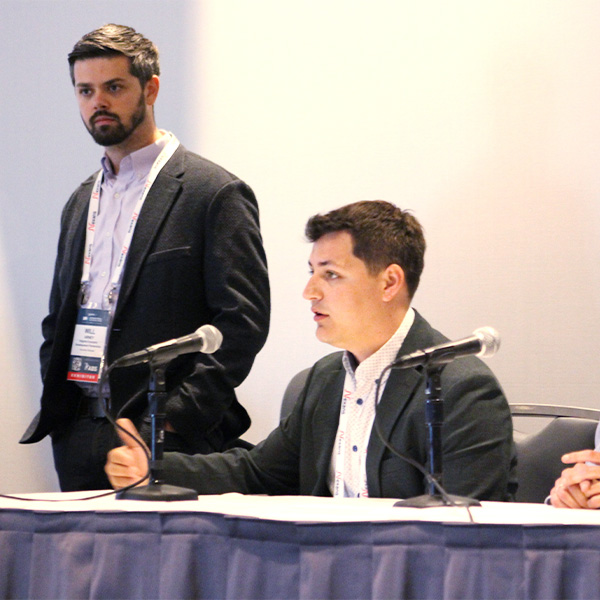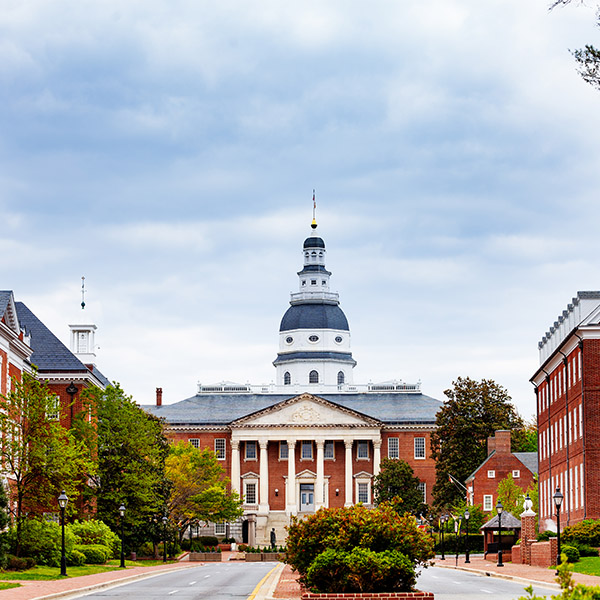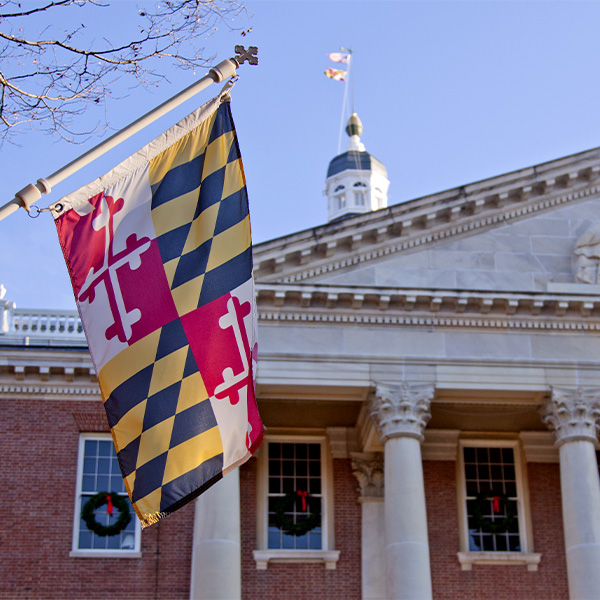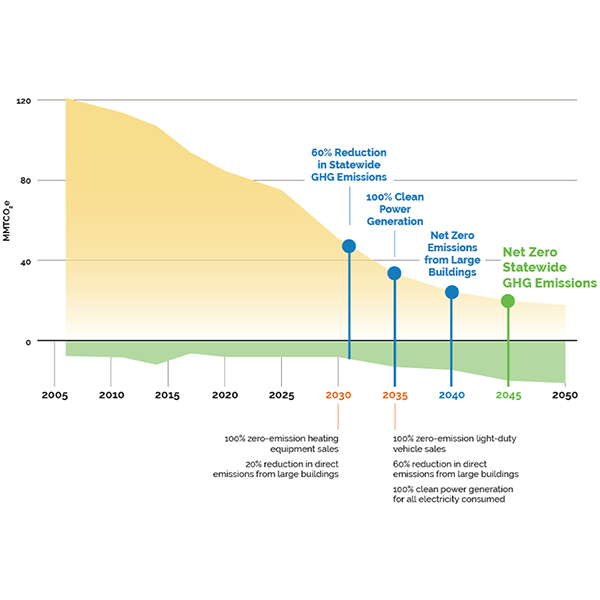Maryland General Assembly
States looking to upgrade their grid to accept offshore wind power should look for secondary benefits to lure support, speakers said at the International Partnering Forum 25 conference.
The Utility Transparency and Accountability Act was one of the dozens of bills the Maryland House of Delegates sent it to the Senate as part of the legislature’s “crossover day.”
State energy policy was supposed to be a top priority for the Maryland General Assembly’s 2025 session, but it appears to be taking a backseat to more pressing fiscal matters.
The rising opposition to the Maryland Piedmont Reliability Project, a 67-mile, 500-kV transmission line, and general dissatisfaction with PJM and utility grid planning and interconnection policies, are driving new bills in the General Assembly.
Debating the impact of FERC's Rule 1920, Abe Silverman of Johns Hopkins told states to "codify, codify, codify" their energy policy goals and policies to ensure PJM has to take them into account in compliance.
Getting bills through the Maryland General Assembly often involves compromises and tradeoffs, even with Democrats controlling the House of Delegates, the Senate and the governorship.
Bills moving forward could introduce voluntary time-of-use rates in the state, disclosure statements about green power and point-of-sale EV rebates.
With Maryland facing rising budget deficits, legislators are focusing on removing barriers to zero-emission technologies, rather than proposing new funding.
More than 70 energy-related laws have been introduced in the first month of the Maryland General Assembly’s 2024 session.
Maryland will have to come up with an extra $1 billion yearly to pay for proposals in its newly released Climate Pollution Reduction Plan.
Want more? Advanced Search








